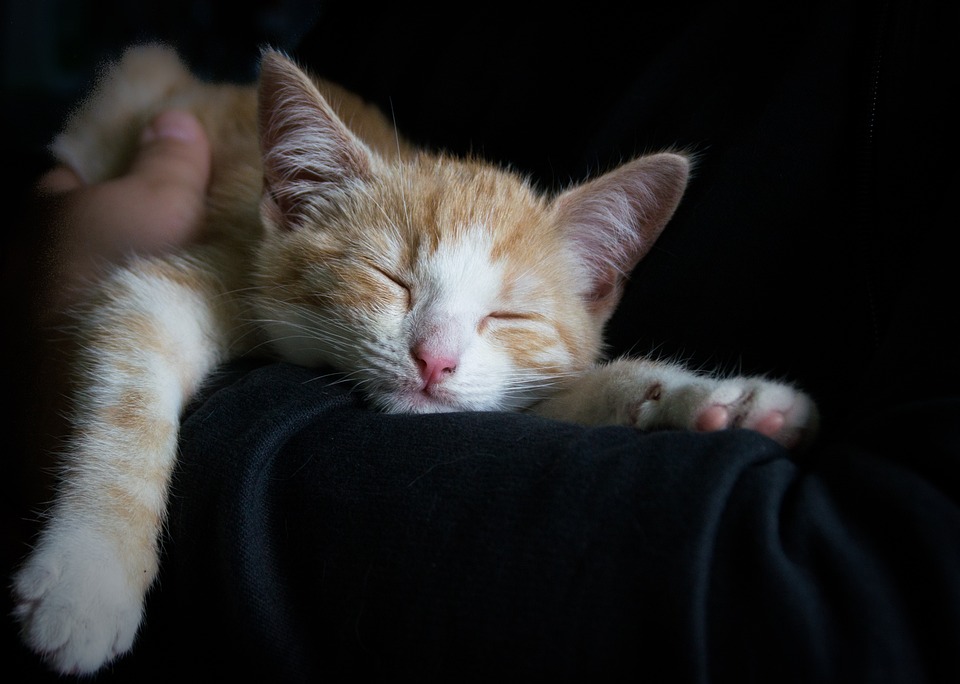Cat owners often find themselves puzzled by their feline friends’ behavior during mating season. Excessive vocalization is a common occurrence during this time, and it can be both frustrating and concerning for pet owners. In this article, we will explore the reasons behind this behavior and provide practical tips on how to cope with excessive vocalization in cats during mating season.
Understanding Mating Season in Cats
Mating season, also known as the breeding season, is a period when cats are biologically driven to reproduce. This season typically occurs during the spring and can last several weeks. During this time, cats become more active and show various behaviors, including excessive vocalization.
The Biology Behind Mating Season
The biology behind mating season involves the release of hormones, such as estrogen and testosterone, which trigger reproductive behaviors in cats. These hormones can cause your cat to become more vocal and display other mating-related behaviors.
The Role of Hormones in Feline Behavior
Hormones play a significant role in feline behavior during mating season. Male cats, also known as toms, may become more aggressive and territorial, while female cats, also known as queens, may become more vocal and exhibit signs of attraction to males.
Recognizing the Signs of Mating Season
It’s important for cat owners to recognize the signs of mating season in order to understand their cat’s behavior. Some common signs include increased vocalization, restlessness, spraying or marking, and increased affection towards humans or other cats.
Reasons for Excessive Vocalization
Excessive vocalization during mating season can be attributed to several reasons:
1. Communication and Attraction: Cats use vocalization to communicate with potential mates. Female cats may vocalize to attract males, while males may vocalize to communicate their presence and intent to mate.
2. Territory Marking: Male cats may vocalize to mark their territory and ward off other males. This behavior is often accompanied by spraying or marking with urine.
3. Seeking Attention: Cats may vocalize excessively to seek attention from their owners or other cats. This behavior can be a result of increased frustration or anxiety during mating season.
4. Stress and Frustration: Mating season can be a stressful time for cats, especially if they are confined indoors. Excessive vocalization can be a sign of frustration or discomfort.
Tips to Cope with Excessive Vocalization
Here are some practical tips to help cat owners cope with excessive vocalization during mating season:
1. Neutering or Spaying Your Cat: Neutering or spaying your cat can significantly reduce excessive vocalization during mating season. These procedures help regulate hormone levels and prevent unwanted behaviors associated with mating.
2. Providing Distractions and Entertainment: Engaging your cat with toys, puzzles, and interactive play can help divert their attention and reduce excessive vocalization. This can also help alleviate boredom and provide mental stimulation.
3. Establishing a Calming Environment: Creating a calm and relaxing environment for your cat can help reduce stress and excessive vocalization. Provide cozy hiding spots, comfortable bedding, and soothing background noise to promote relaxation.
4. Using Pheromone Products: Pheromone diffusers or sprays can help create a calming atmosphere for your cat. These products mimic natural feline pheromones and can help reduce stress and anxiety.
5. Seeking Veterinary Advice: If your cat’s excessive vocalization persists or is accompanied by other concerning behaviors, it’s best to consult with your veterinarian. They can provide guidance and evaluate your cat’s overall health and well-being.
FAQs about Excessive Vocalization during Mating Season in Cats
1. Q: Is excessive vocalization normal during mating season?
A: Yes, excessive vocalization is a common behavior exhibited by cats during mating season.
2. Q: How long does mating season last in cats?
A: Mating season in cats usually occurs during the spring and can last several weeks.
3. Q: Will neutering or spaying my cat stop excessive vocalization during mating season?
A: Neutering or spaying your cat can significantly reduce excessive vocalization during mating season.
4. Q: Can providing distractions help minimize excessive vocalization?
A: Yes, engaging your cat with toys, puzzles, and interactive play can help divert their attention and reduce excessive vocalization.
5. Q: Are there any natural remedies to calm my cat during mating season?
A: Some pet owners have found success using natural remedies such as calming herbs or pheromone diffusers, but it’s important to consult with your veterinarian before using any new products.
6. Q: When should I seek veterinary advice for excessive vocalization?
A: If your cat’s excessive vocalization becomes persistent, accompanied by other concerning behaviors, or if you notice any changes in their health, it’s best to consult with your veterinarian for further evaluation.
Conclusion
Excessive vocalization during mating season can be challenging for cat owners, but understanding the underlying reasons behind this behavior and implementing appropriate coping strategies can help create a more peaceful environment for both you and your feline companion. By following the tips provided in this article and seeking professional advice when necessary, you can alleviate the stress associated with excessive vocalization and ensure a harmonious relationship with your beloved cat.








